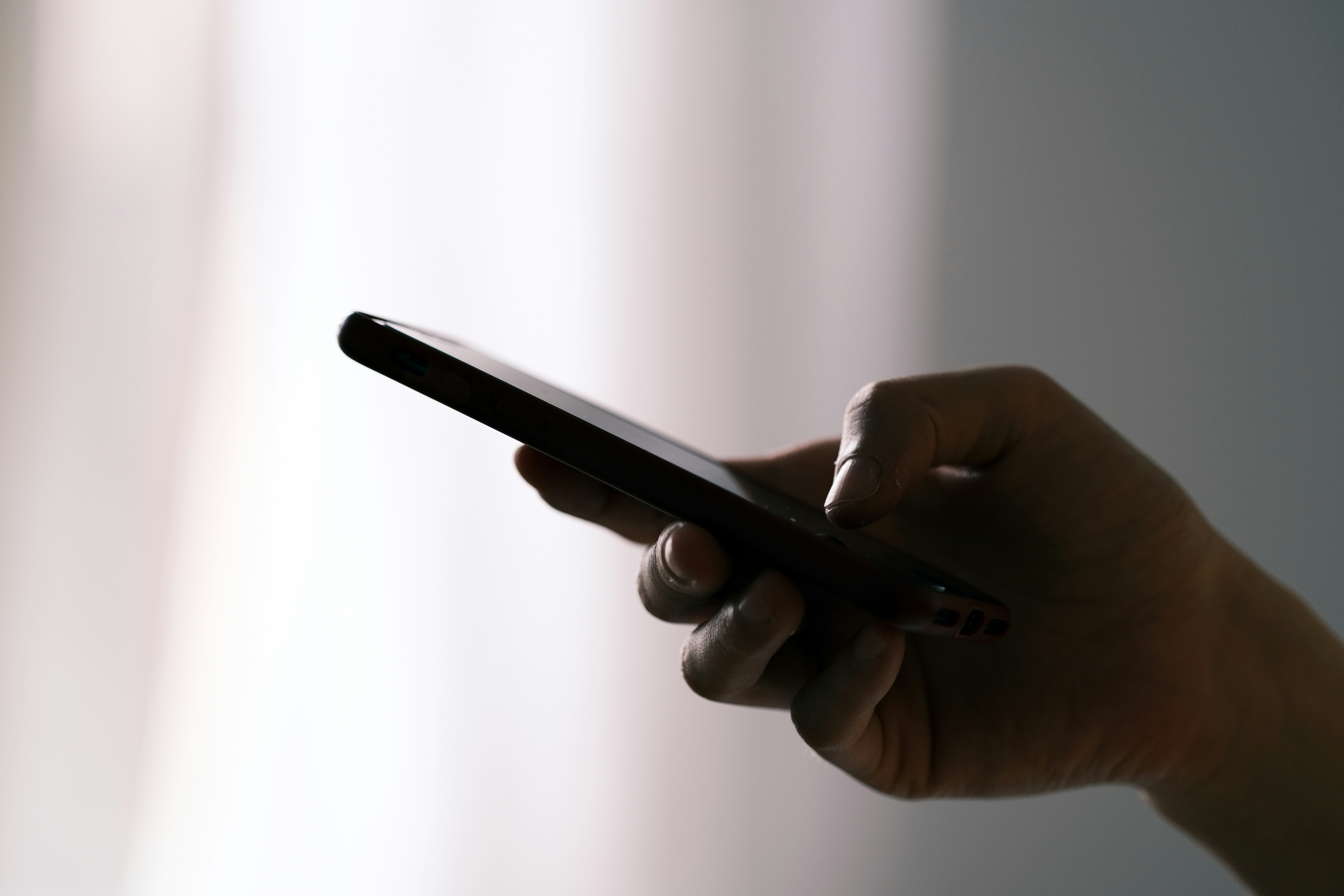MoneyBlock Data Breach Lawsuit Investigation
Were you recently notified that your personal information was exposed in the MoneyBlock cyber-attack? Time is critical—hackers may already be using stolen Social Security numbers and account data. Find out how to protect yourself and whether you can file a claim for compensation.
What Happened?
On July 31, 2025, MoneyBlock detected suspicious activity on its computer network. An internal investigation confirmed that an unauthorized party accessed sensitive files on or about the same day. The Chicago-based securities broker-dealer—formally known as AOS, Inc.—then began reviewing affected data and notifying customers.
What Information Was Potentially Exposed?
The type of data involved varies by individual, but may include:
- Full name
- Social Security number
- Driver’s license information
- Passport number
- Financial account details
- Date of birth
- Home address
Who Is MoneyBlock?
Founded in 2003, MoneyBlock offers brokerage accounts—ranging from retirement to custodial options—to independent financial advisors and clients nationwide. Headquartered in Chicago, Illinois, the firm positions itself as an alternative to traditional wirehouses.
Steps Victims Should Take Now
- Activate free credit monitoring included in MoneyBlock’s notification letter.
- Place a fraud alert or credit freeze with the major credit bureaus.
- Monitor financial statements for unauthorized charges.
- Consider identity-theft protection and cyber-insurance options.
- Explore legal remedies—you may be entitled to monetary damages for time, stress, and out-of-pocket costs.
Eligibility for a MoneyBlock Data Breach Lawsuit
If you received a notification letter—or believe your information was stored by MoneyBlock—you could qualify to join a privacy lawsuit seeking:
- Reimbursement of fraudulent charges and identity-theft expenses
- Credit-monitoring and identity-restoration services beyond the initial offer
- Compensation for lost time, anxiety, and loss of privacy
Lawyers are currently gathering evidence. Preserve your legal rights by documenting any suspicious activity and saving all correspondence from MoneyBlock.
Frequently Asked Questions
What happened in the MoneyBlock data breach?
Hackers accessed MoneyBlock’s network on July 31 2025, potentially viewing files that contained customers’ personal and financial information.
What data was stolen in the MoneyBlock breach?
Names, Social Security numbers, driver’s license and passport details, financial account information, dates of birth, and addresses were among the items potentially exposed.
How do I know if I was affected by the MoneyBlock data breach?
MoneyBlock mailed notification letters to impacted individuals. If you have not received a letter but had an account with MoneyBlock, contact the company or check the Massachusetts breach portal link above.
Can I sue MoneyBlock for the data breach?
Potentially. Victims who suffered financial losses, identity theft, or loss of privacy may be eligible to join a class action or individual lawsuit. Consult with a qualified attorney to assess your claim.
Does MoneyBlock offer free credit monitoring?
Yes. The company is providing complimentary credit-monitoring services to affected customers, as outlined in the breach notice.
Next Steps
Data breach cases have strict deadlines. Preserve evidence, monitor your credit, and consider seeking legal guidance immediately. Taking action now increases the chances of recovering losses and strengthening your identity protection.
Disclaimer: This article is for informational purposes and does not constitute legal advice. Contact a qualified attorney to discuss your unique situation.






